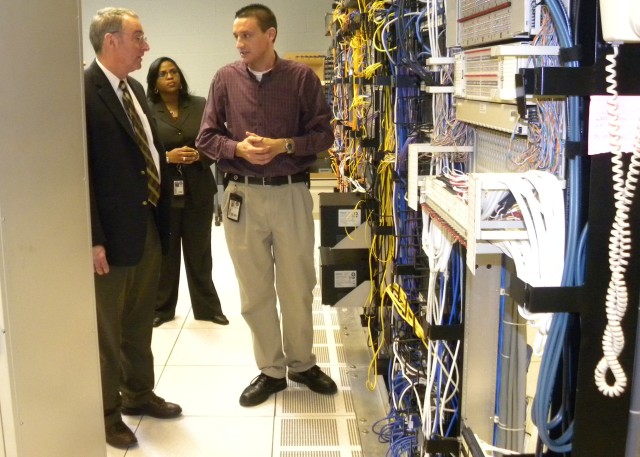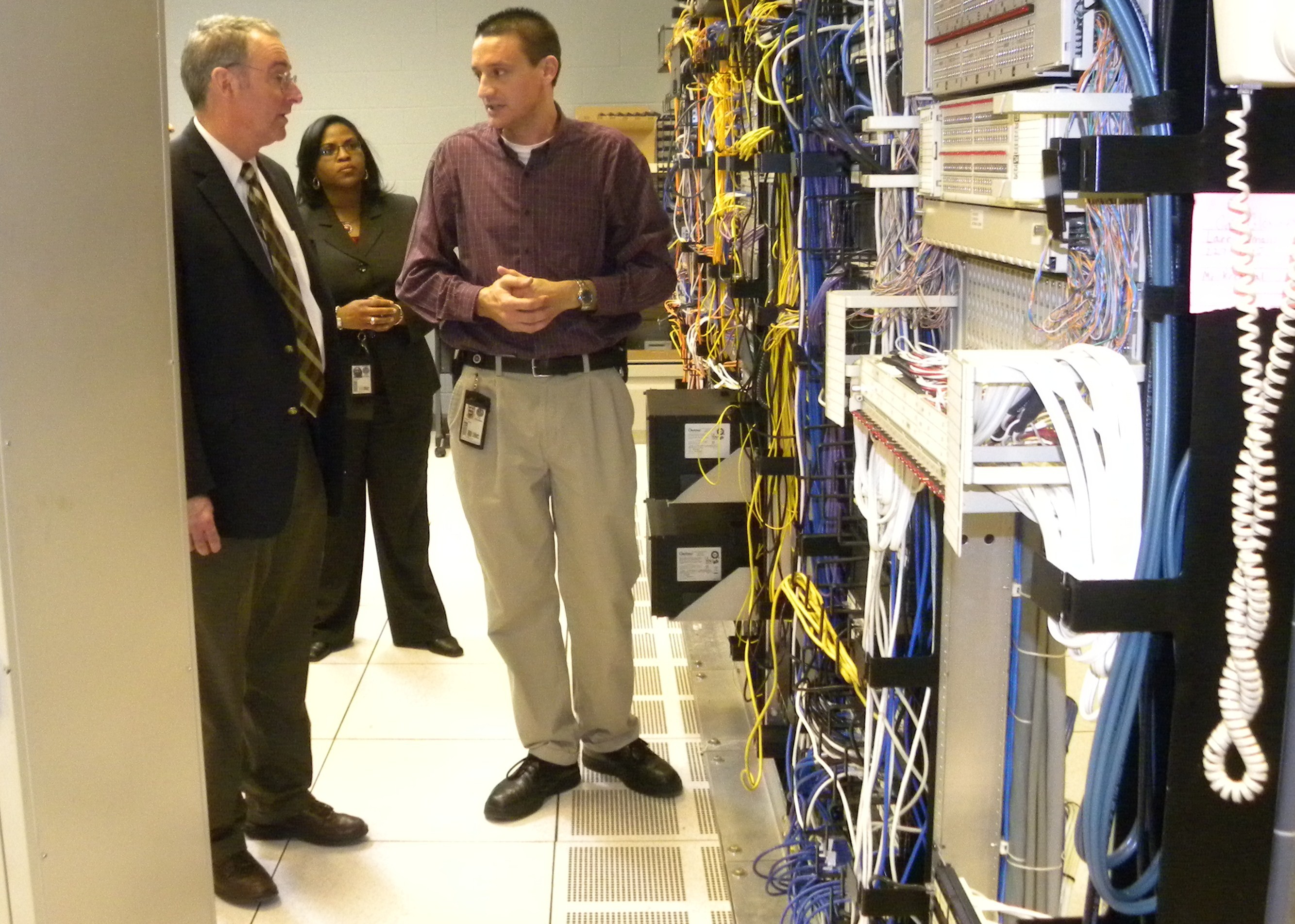
FORT GORDON, Ga. - Conficker worm, botnet, GhostNet, viruses, scareware; these and many other threats make operating in cyberspace scary and dangerous. Yet, many people carelessly operate their computers at home without appropriate safeguards or protection to thwart and destroy the enemies that can ruin their computers or files or cause financial hardship or ruin.
The threat is significant.
"Approximately 23,500 infected web pages are discovered every day - that's a new one every 3.6 seconds," said Sandra Lyday, 7th Signal Command (Theater) Information Assurance Program Manager.
An unprotected computer is susceptible to attack by malicious logic, which is any type of program designed to perform some unauthorized or harmful action. Common examples include a logic bomb, a Trojan horse, a virus, or a worm.
The key to traveling safely through cyberspace and minimizing dangers is awareness, installing, and regularly updating software that can greatly increase protection for home computer users. Now, military personnel and civilians who work for the Department of Defense (DoD) can protect their personal home computers by downloading free anti-virus software.
Free anti-virus software programs that are available for download include Symantec Anti-virus and McAfee Anti-virus. Both are located on Army Knowledge Online. Once logged into AKO, click on "Self Service", then click on the first item that drops down which is "Antivirus Services". Follow directions and prompts and download your free anti-virus program. AKO also provides tips for avoiding virus risk as well as policies outlining how to protect information and equipment.
Users can download the software either on a DoD computer or to a CD or simply download at home on the computer for which it will be used. The only requirement is for the member to have access to AKO.
The Defense Information Systems Agency (DISA) provides the software as a courtesy to authorized users. Although the most current versions of Symantec and McAfee are available, computer users must regularly update the software after installing their desired software package.
Downloading and using anti-virus software at home can benefit both the Army and its people. Although thumb drives are no longer allowed for use on government computers, a person could inadvertently bring a virus to work on a CD. Keeping home systems clean will greatly reduce this risk.
Many sites, some that might seem innocent, can infect your computer or files simply by visiting them. Many of the worst are adult-themed sites, but others include topics, ranging from deer hunting and catering, to figure skating, electronics and legal services according to Lyday.
A home computer user can unknowingly release a harmful intruder simply by clicking on an e-mail or a bad link, so it is extremely important to practice good home computer security according to Lyday.
Other ways to protect your computer and files include:
- Don't open suspicious e-mail messages or files.
- Back up your data regularly.
- Download files only from trusted sites.
- Install software only from authentic commercially distributed CDs.
- Use strong passwords consisting of letter and number combinations to protect your files.
- Hackers cannot access a computer that is shut down, so turn it off when you are not using it.
For additional information or questions about anti-virus protection, contact the US Army Computer Emergency Response Team, also known as ACERT, at 1-888-203-6332, or 235-1113 (DSN), or email: army.virus@mi.army.mil.

Social Sharing